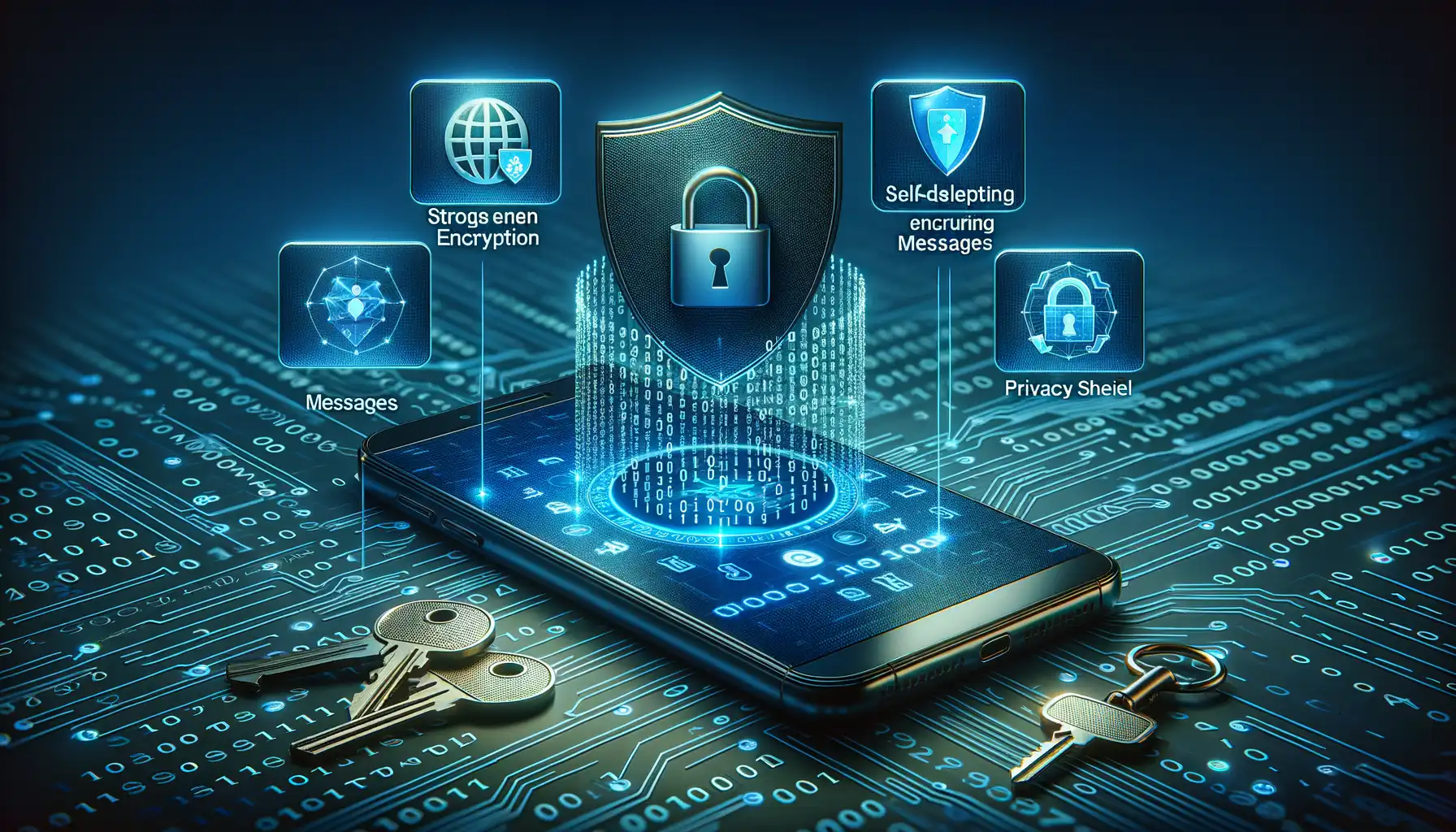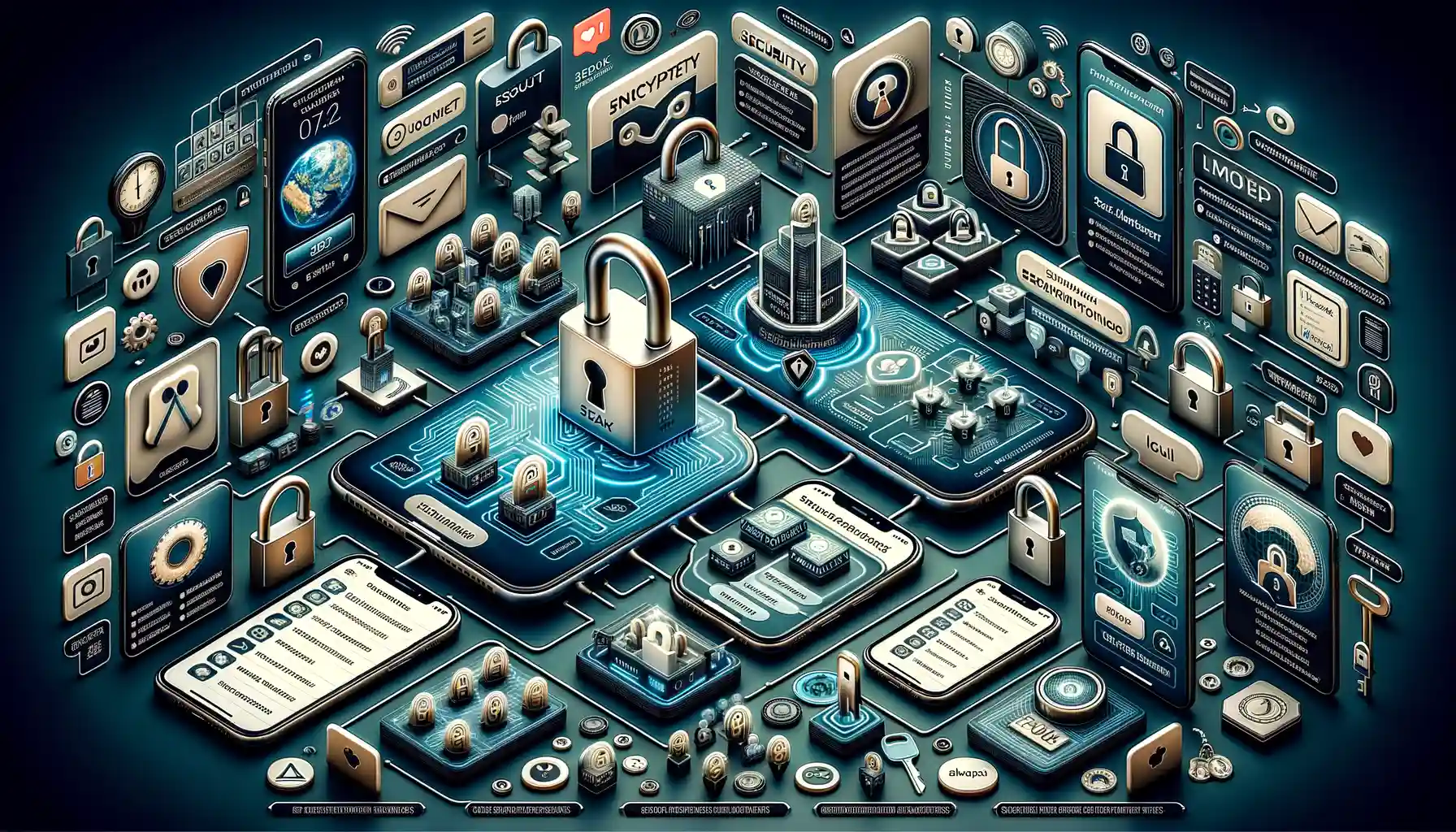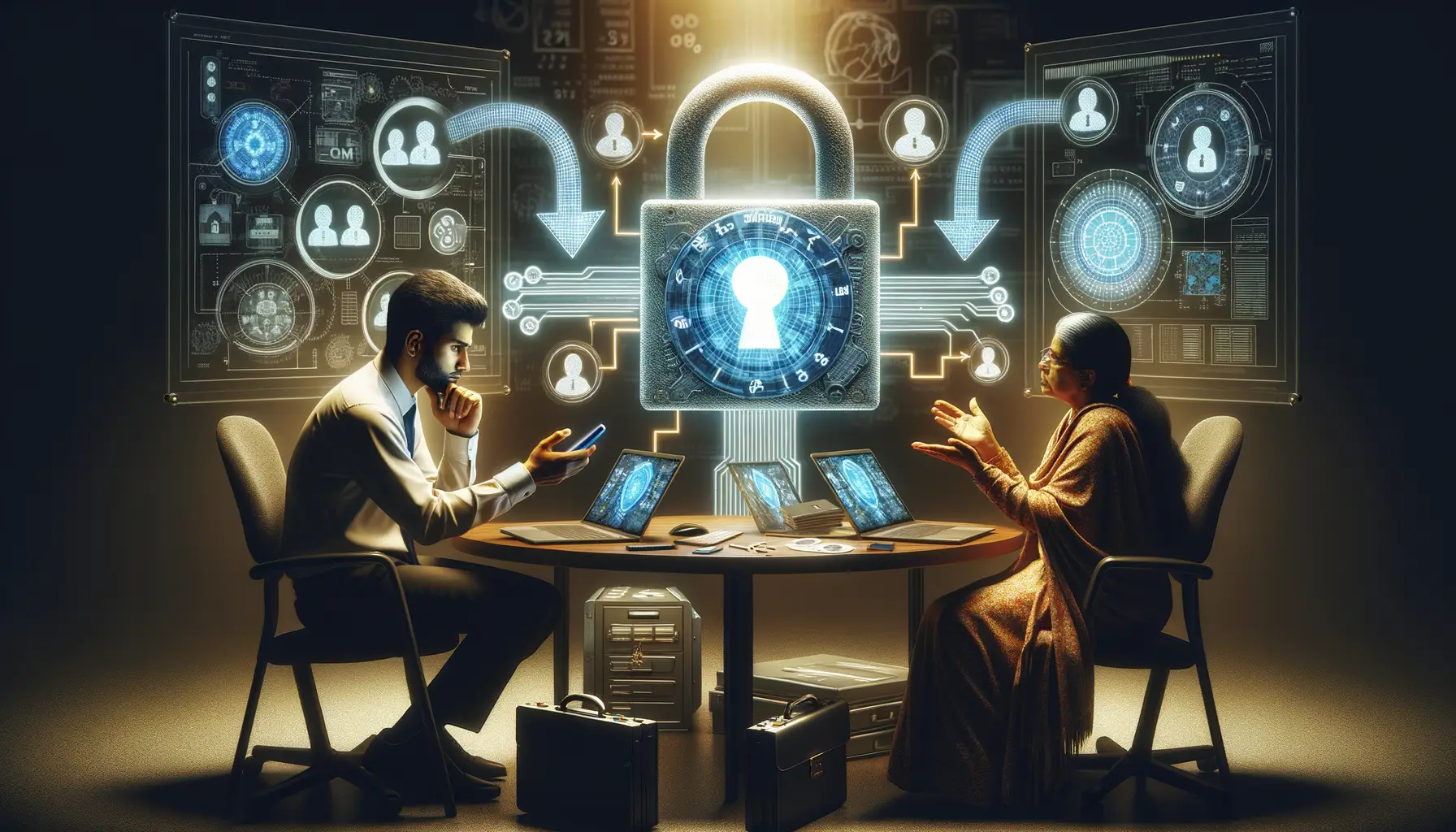Enhancing Digital Privacy Through Encrypted Messaging Apps
Catch a CheaterUnderstanding the Importance of Digital Privacy
Why Your Digital Privacy Is Non-Negotiable
Imagine your online life as a diary. Would you leave it wide open in a bustling café for strangers to thumb through? That’s exactly what happens when digital privacy is ignored. Your messages, photos, and even casual searches can be silently scooped up by prying eyes—corporations, hackers, or anyone with the right tools.
The truth is, in today’s digital-first world, losing your privacy is disturbingly easy. A simple Wi-Fi connection at your favorite coffee shop could make your personal data vulnerable. And it doesn’t stop there. Ever noticed eerily spot-on ads popping up after a private conversation? Without safeguards, your digital trail becomes a treasure map for intrusive algorithms.
The Hidden Costs of Ignoring Privacy
Neglecting digital privacy isn’t just about hacked accounts; it’s about identity theft, financial loss, and even social manipulation. You might think, “I have nothing to hide,” but consider:
- Would you want sensitive health or financial details exposed without your consent?
- Should a corporation decide what you see or who you trust based on your private chats?
Privacy isn’t paranoia—it’s power, and protecting it begins with small, intentional steps.
Key Features of Encrypted Messaging Apps

End-to-End Encryption: Your Digital Shield
Imagine whispering a secret into someone’s ear, knowing no one else can hear it. That’s the power of end-to-end encryption. With this feature, your messages are scrambled into complex codes the moment you hit “send,” and only the recipient’s device has the key to unlock them. Not even the app creators can peek inside. It’s like having your own personal digital vault for every chat.
But that’s not all. Advanced messaging apps add an extra layer of security with features like self-destructing messages. Forget the awkward screenshots lurking forever—set a timer, and those texts vanish like footprints in the sand.
Bells and Whistles You Didn’t Know You Needed
Encrypted messaging apps are no longer just about security; they’ve leveled up with some surprisingly cool perks:
- Device verification alerts: Get notified if someone tries to tamper with your connection—it’s like having a virtual bouncer for your chats.
- Encrypted backups: Store conversations safely without sacrificing privacy. Think of it as locking your diary in an uncrackable safe.
With these features in tow, secure apps combine ironclad protection with seamless usability—a rare marriage of brain and beauty.
Top Recommendations for Secure Messaging Platforms

Discovering Your Digital Shield
Imagine sharing secrets with someone who has a locked journal and the only key is yours. That’s what the best secure messaging platforms feel like—your fortress of privacy in a digital world teeming with prying eyes. But not all apps are created equal. The champions here prioritize one thing above all: keeping your conversations your own.
Ready to upgrade your messaging game? Here are some stellar platforms that combine security with simplicity:
- Signal: The darling of privacy advocates. Open-source, no ads, and end-to-end encryption so strong even they can’t read your chats.
- WhatsApp: Yes, it’s mainstream—yet it boasts rock-solid encryption (though its ties to Meta warrant some caution).
- Threema: For those who value anonymity, Threema doesn’t even require a phone number. No identity? No problem.
A Glimpse Into the Features You’ll Adore
These platforms don’t just stop at encryption. Features like disappearing messages, password-protected backups, and self-destruct timers are all designed with your safety in mind. It’s like having a personal security guard for your texts.
Here’s the kicker: the best apps make this high-level security feel effortless. From beautifully intuitive interfaces to seamless file-sharing, you won’t need a tech degree to feel like a privacy pro. Now, isn’t that refreshing?
Challenges and Limitations of Encrypted Communication

When Privacy Meets Practical Hurdles
Encrypted communication feels like locking your secrets in a vault, right? But even the sturdiest vaults come with their quirks. While encryption is a superhero for digital privacy, it’s not immune to life’s curveballs.
Let’s talk accessibility first. Not all apps offering encrypted messaging are created equal. Your cool, ultra-secure app might work flawlessly on Wi-Fi in New York but won’t load a whisper in remote areas with poor connectivity. That’s because some rely heavily on stable networks—which isn’t always practical when you’re on the move or living in regions with infrastructure challenges.
Another twist? Compatibility issues can make digital conversations clunky. Say you’re hyped about using **Signal**, but your best friend has sworn allegiance to **Telegram**. Suddenly, switching between platforms just to stay secure feels like juggling flaming swords.
- User error: Encrypted apps can’t stop someone from accidentally sharing private details elsewhere.
- Encryption doesn’t mean invincible: Metadata (who you talked to and when) is often still visible.
- Government regulations: Some countries ban certain apps outright. So much for global freedom!
The Tension Between Security and Usability
Here’s the thing—when encryption tools are overly complex, they lose people. Grandma shouldn’t need a Ph.D. in cryptography to text her grandkids securely. Too much friction in setup or use pushes even privacy-conscious users back to less secure options, like standard SMS!
And let’s not forget overconfidence. Encryption might secure your messages in transit, but screenshots? Those tiny snitches remain exploitable. If someone screenshots an “encrypted” chat and posts it online, encryption can’t exactly swoop in like a caped crusader.
Ironically, the biggest challenge of encryption is this: it’s only as strong as its weakest user.
Future Trends in Digital Privacy and Messaging Technology

Reinventing Communication for a Privacy-Centric Future
Picture this: a world where your personal messages are as sacred as a whispered secret in a locked room. That’s where the future of digital privacy and messaging technology is headed—toward blending convenience with iron-clad protection. The rise of end-to-end encryption was just the opening act. Now, developers are writing the next chapter, where innovation meets vigilance.
Expect to see the emergence of features like self-destructing messages taken to the next level. Imagine messages that vanish after being read not only from your chat but also from all backup storage—even on servers you’ve never seen. But that’s not all. Developers are diving into solutions that feel like sci-fi, including AI-enabled anomaly detection systems that can alert you to potential breaches.
- Decentralized messaging platforms built on blockchain to remove dependency on central servers.
- Biometric encryption, where your iris or fingerprint becomes the key to unlocking your conversations.
Each feature aims to outpace hackers and data snoops by not simply guarding the gates but dismantling the entire map to your digital treasures. The question is no longer *if* we’ll get there, but *how fast.*
The Power of Privacy in the Palm of Your Hand
Ever feel like privacy is becoming a luxury? New-age messaging apps are bound to change that narrative by empowering users. Picture holding the next-gen app that lets you control every layer of your digital presence like adjusting knobs on an audio mixer. Want better anonymity? Deploy onion-routing technology for chats. Curious about a “no data collection” policy? Apps will let you audit their code in real-time.
Even social norms might shift. Remember when people scoffed at using passwords on phones? Soon, encrypted group calls or holographic avatars will be the new standard for casual interactions. Quite simply, the future of privacy isn’t just a tech upgrade—it’s a cultural reset. And honestly? It’s about time.
